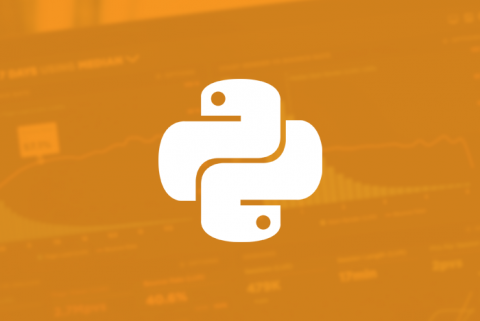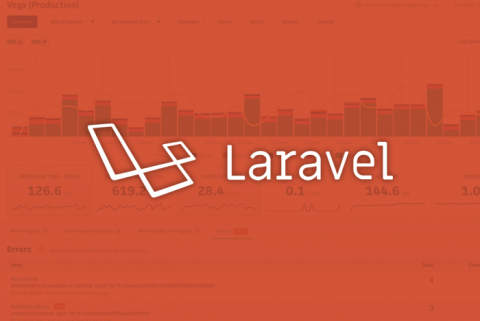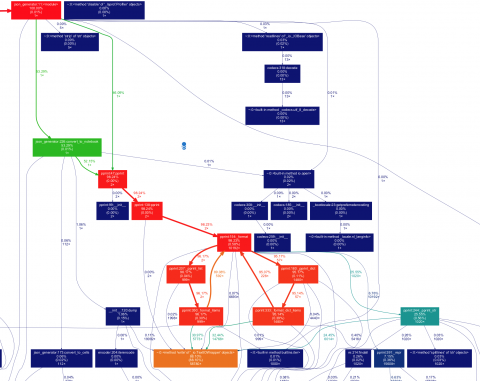Introducing AutoInstruments: zero-effort performance monitoring of custom Ruby code
Instrumenting the performance of custom code (the code you write, not the libraries you require) in web apps has been a thorn in my side for years. Yes, we have a custom instrumentation API, but raise your hand if you enjoy sprinkling your code with this? Anyone? Having a custom code instrumentation blackhole doesn't matter if your app spends almost all of its time in common libraries that Scout instruments by default (ex: ActiveRecord, Redis, View Rendering, and HTTP calls).











